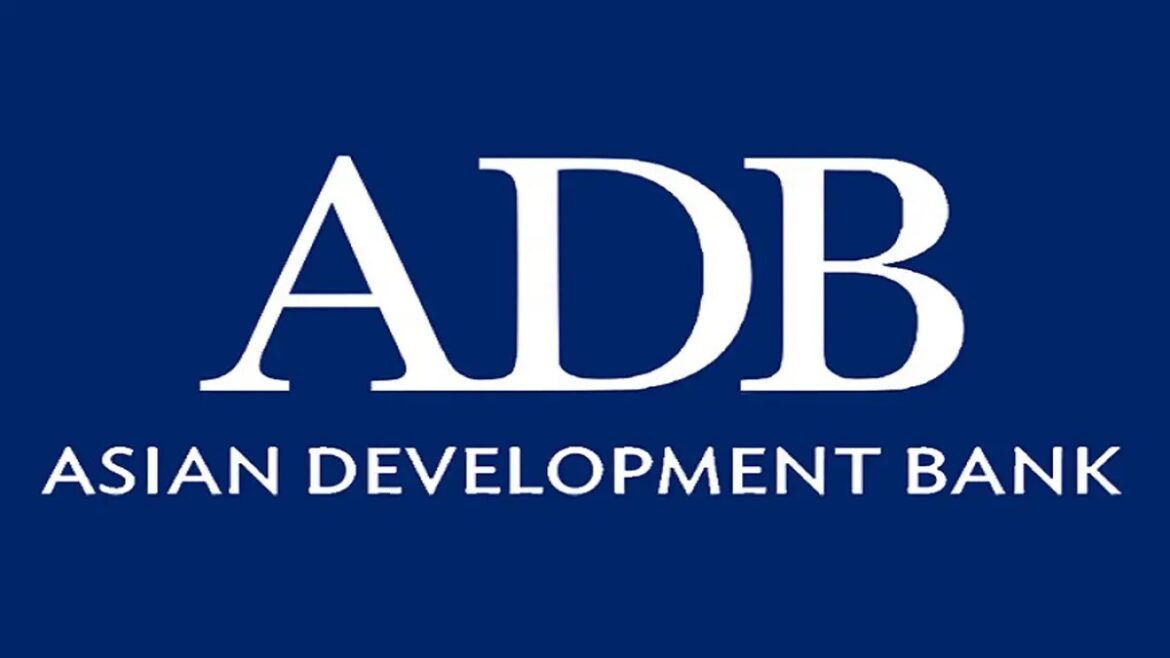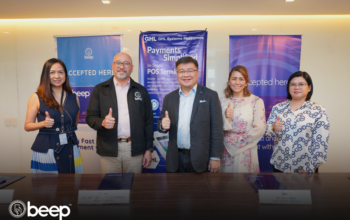The Asian Development Bank (ADB) remains committed to assist the Philippines in rolling out initiatives for clean energy transition.
At the sidelines of the Asia Clean Energy Forum (ACEF) 2023 at the ADB headquarters Wednesday, ADB Principal Energy Specialist David Elzinga said the institution is currently doing a feasibility study for the Philippines under the Energy Transition Mechanism (ETM).
ADB launched the ETM partnership with the Philippines and Indonesia in 2021 in Glasgow, United Kingdom. A pre-feasibility study was done at that time, but certain developments delayed the completion of the study. Elzinga said the ADB targets to finish the feasibility study by the first half of 2024.
Under the ETM, ADB partners with developing countries like the Philippines to accelerate the transition from fossil fuels to clean energy.
Investments from governments, multilateral banks, private sector investors, philanthropies, and long-term investors also finance country-specific ETM funds to accelerate the retirement of coal power assets.
Elzinga said the feasibility study aims to look into potential and specific coal plants that could be accelerated on their retirement.
As contemplated, the ETM aims to retire 50% of the coal fleet in the Philippines, Vietnam and Indonesia which has a capacity of around 30 gigawatts over the next 10 to 15 years, or equivalent to a reduction of 200 million tons of carbon emissions annually.
“We’re developing what we call a SESA, or Strategic Environmental and Social Assessment. We have completed that work in Indonesia, and we’re just starting that up in the Philippines,” Elzinga said, explaining that SESA evaluates the environmental and social impacts of the energy transition.
Moreover, ADB Just Energy Transition Partnerships (JETP) Advisor Andrew Jeffries said his group is facilitating the Philippine government’s request to tap funding from international partners group including the United States, Japan, France, Germany, Italy, Canada, Norway, Denmark, UK, and the European Union.
“The Department of Energy has asked us, has expressed interest,” Jeffries said. “The Philippines has to reach out to these IPG. All we can do is to try to facilitate that.”
He added the Philippines would qualify given its big population and the big share of coal plants in its energy mix. (PNA)










